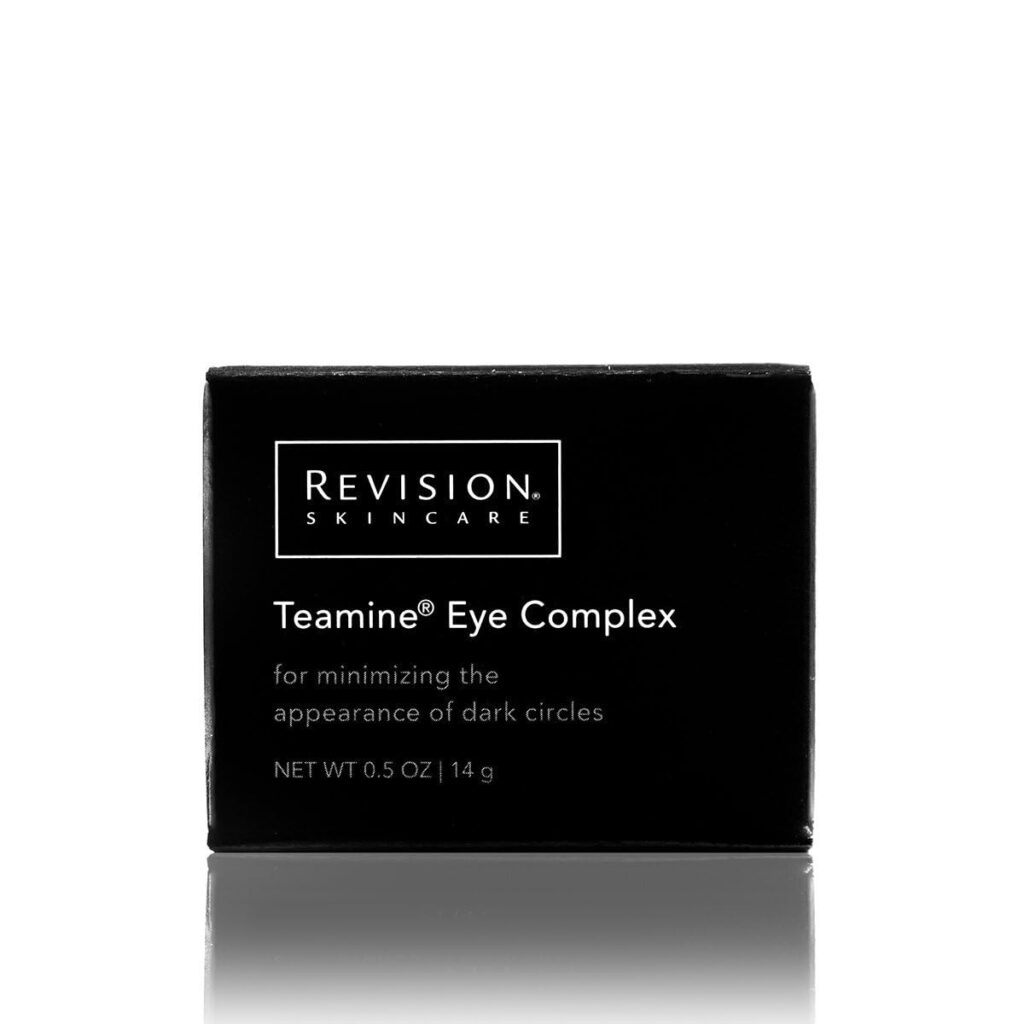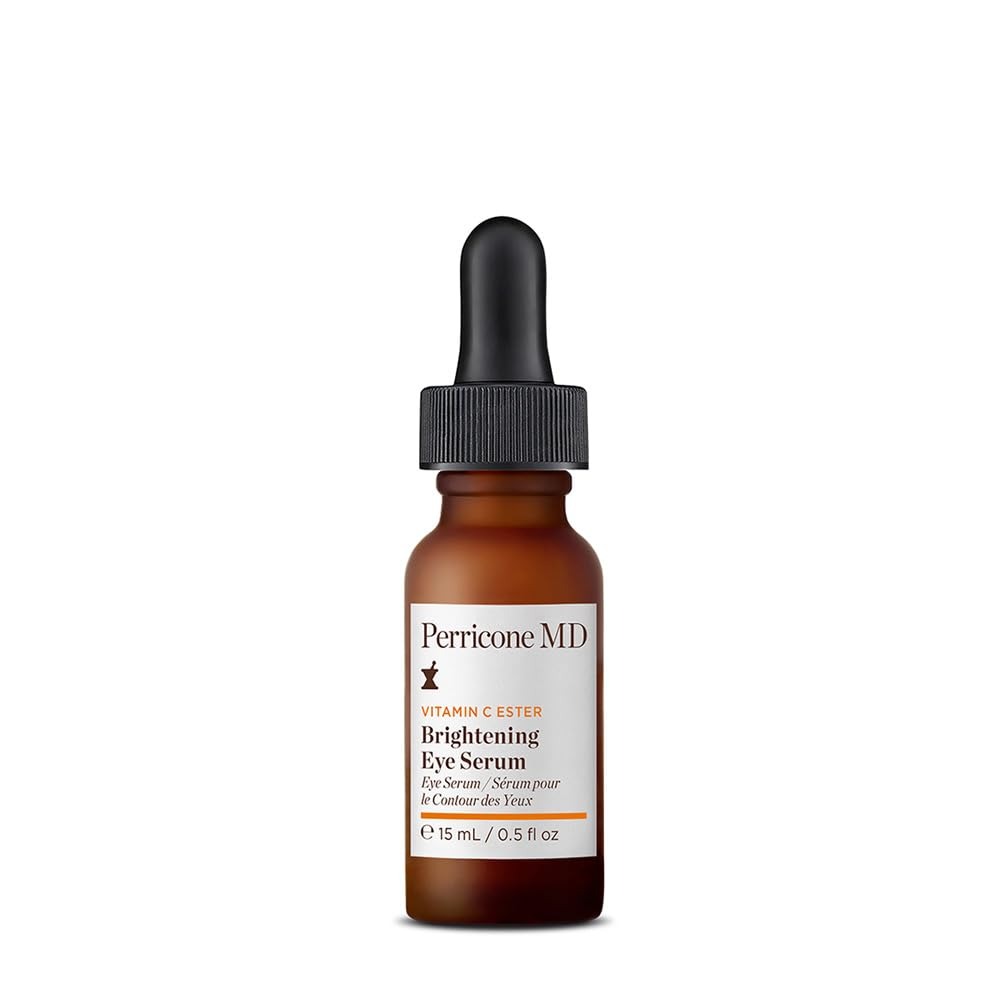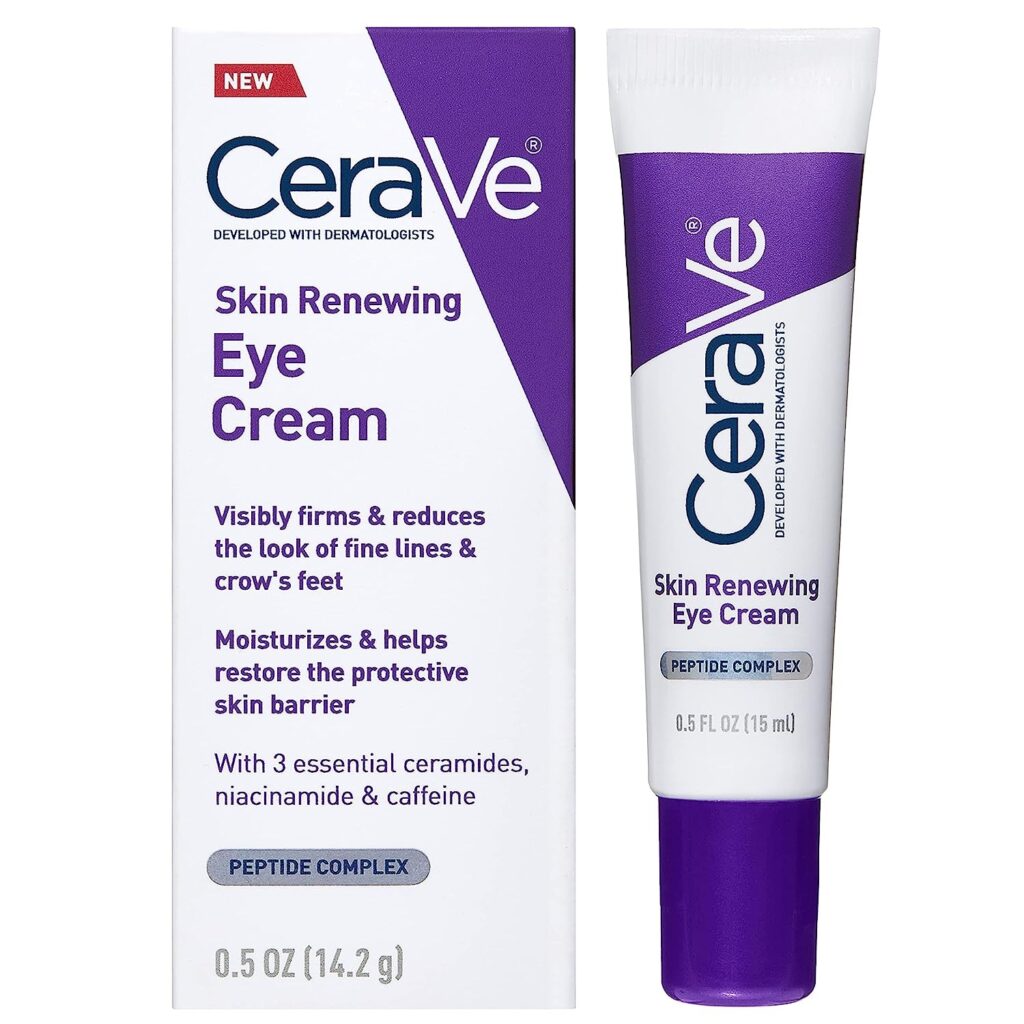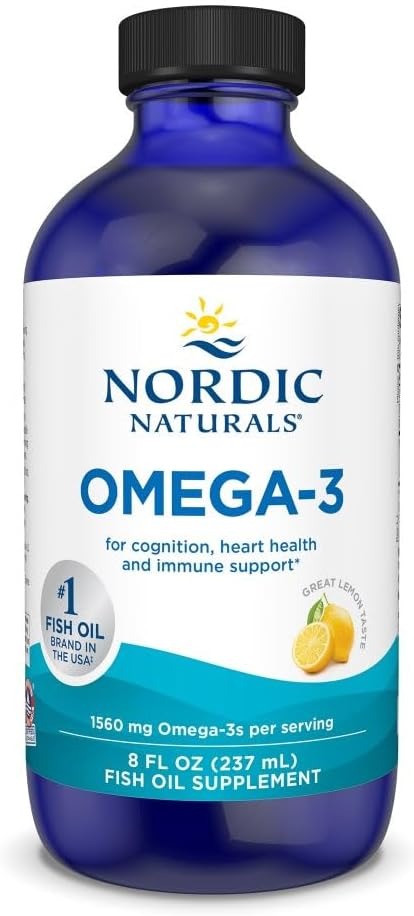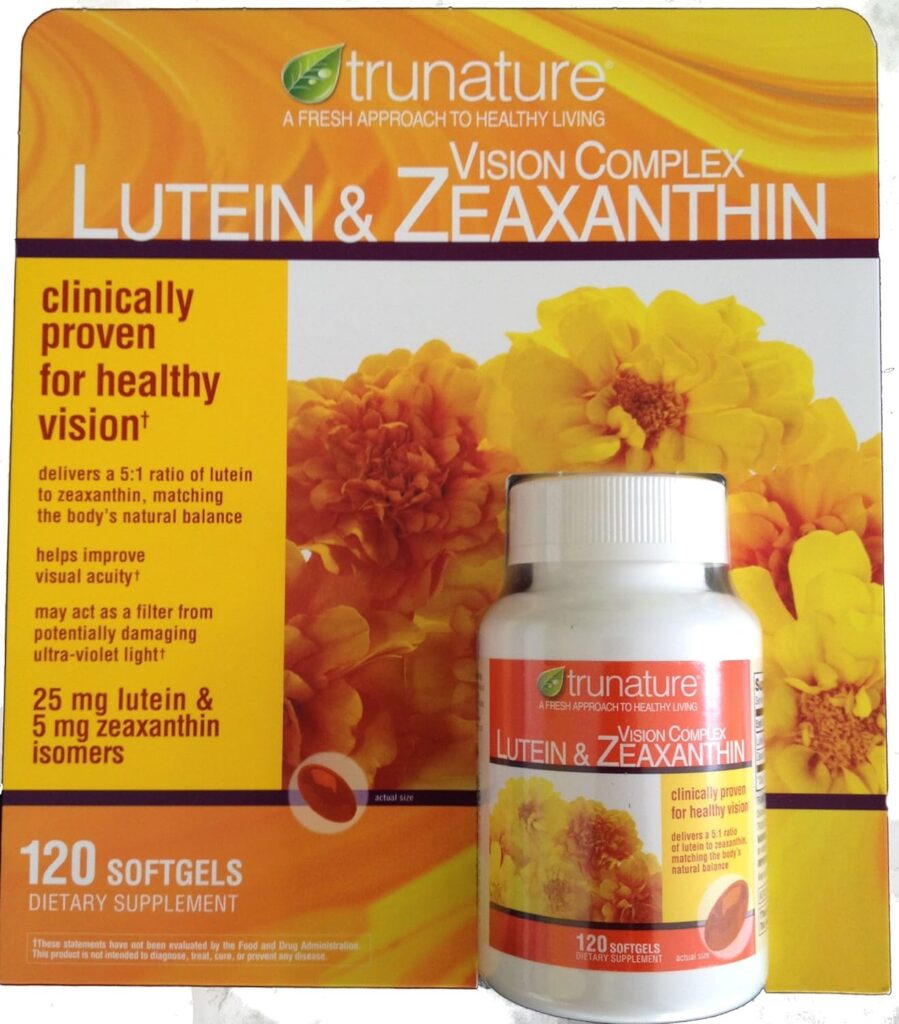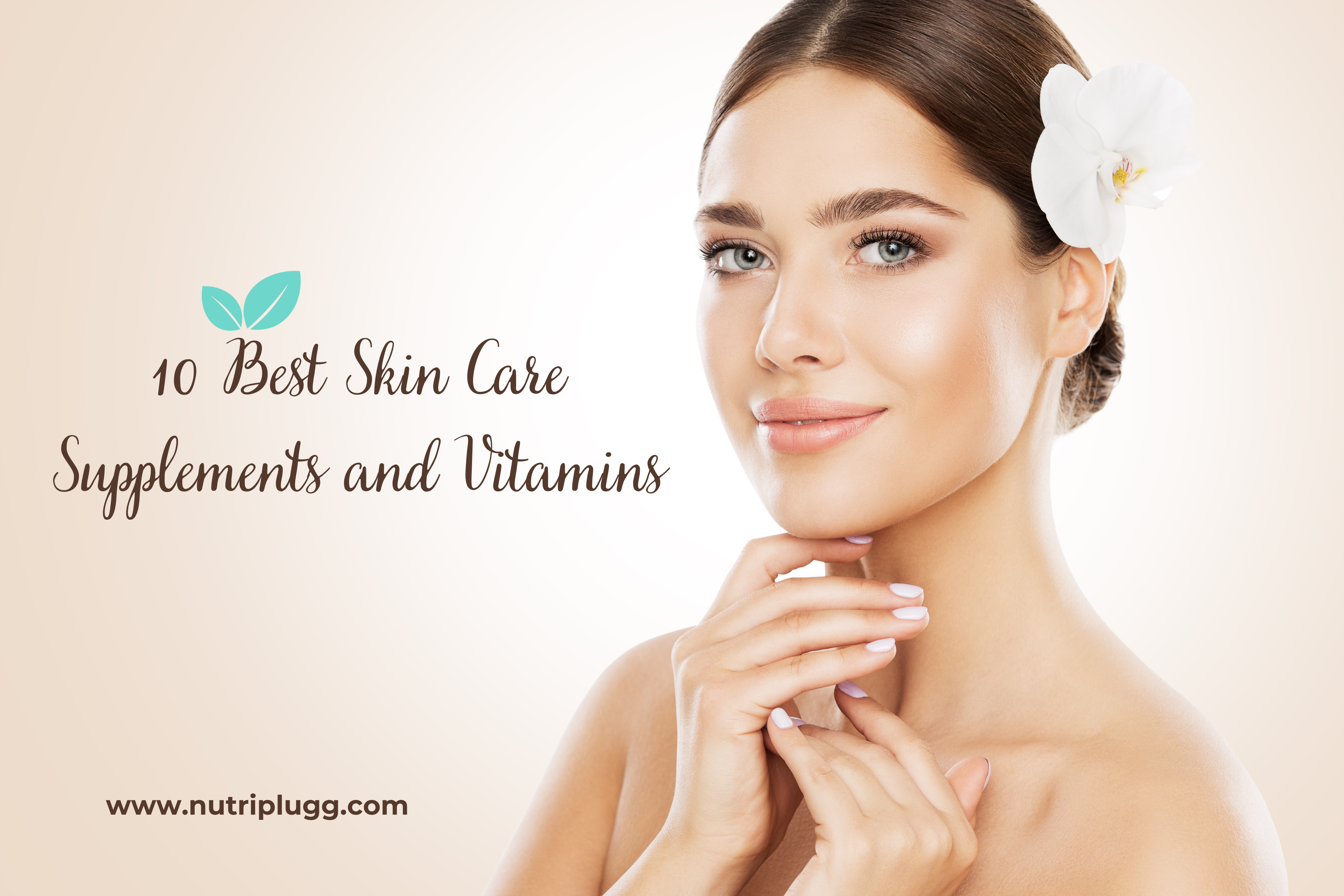10 best vitamins and supplements for eye care
An important part of our body is our eyes. Everyone is conscious about their eye care. Nowadays due to pollution or technology our eyes face many problems. We use mobiles or laptops in our daily life that may affect our eyes. To make our eyes look beautiful and attractive many vitamins and supplements are available that may help us to care for our eyes. In this blog post, we’ll explore the ten best vitamins and supplements for promoting eye health and preventing age-related eye conditions.
Vitamin A:
Vitamin A is best for maintaining healthy vision, particularly in low-light conditions. It helps to protect the surface of the eye (cornea) and supports the functioning of the retina. Carrots, sweet potatoes, spinach, liver, and sweet potatoes are good sources of vitamin A.
- Supports night vision
- Maintains healthy cornea
- Protects against age-related macular degeneration (AMD)
Vitamin C:
Vitamin C, being an effective antioxidant, helps in protecting the eyes from age-related damage and oxidative stress. It may also lower the risk of cataracts and improve the health of the blood cells in the eyes. Broccoli, strawberries, bell peppers, and citrus fruits are all great sources of vitamin C.
- Supports retinal health
- Reduces dry eye symptoms
- Protects against age-related eye diseases
Vitamin E:
Vitamin E helps protect the eye’s cells from harm caused on by free radicals. In addition, it may reduce the chance of cataracts and age-related macular degeneration (AMD). Rich sources of vitamin E include leafy green vegetables, nuts, seeds, and vegetable oils.
- protects from free radical damage to eye cells
- Supports overall eye health
- Reduces the risk of age-related eye conditions
Zinc:
Zinc is necessary to support the retina’s function and to maintain good vision. It increases the transport of vitamin A from the liver to the retina, where it is needed to make the protective pigment known as melanin. Good sources of zinc include beans, almonds, chicken, beef, and oysters.
- Essential for maintaining healthy vision
- Supports the function of the retina
- facilitates the retina’s receipt of vitamin A
Omega-3 Fatty Acids:
DHA (docosahexaenoic acid), in particular, is an important component of omega-3 fatty acids that support retinal health and may lower the incidence of AMD and dry eye syndrome.Fatty fish are excellent sources of omega-3 fatty acids, and this includes sardines, mackerel, and salmon.
- Essential for maintaining healthy vision
- Supports the function of the retina
- helps carry vitamin A to the retina.
Lutein and Zeaxanthin:
Antioxidant carotenoid pigments called lutein and zeaxanthin build up in the retina to shield the eyes from damaging blue light. They might help lessen the chance of cataracts and AMD. Rich sources of lutein and zeaxanthin are leafy green vegetables such as kale, spinach, and collard greens.
- Filters harmful blue light
- Supports macular health
- Reduces the risk of cataracts
Bilberry Extract:
Bilberry extract contains anthocyanins, potent antioxidants that may help improve night vision and support overall eye health. It may also help reduce the risk of cataracts and AMD. Bilberry supplements are available in capsule or liquid form.
- Improves night vision
- Protects against eye fatigue
- Supports overall eye health
Astaxanthin:
Strong antioxidant astaxanthin aids in protecting the eyes from irritation and oxidative damage. It could reduce eye weakness and enhance blood flow to the retina. Supplements containing astaxanthin are made from crustaceans or microalgae.
- Potent antioxidant for eye protection
- Improves blood flow to the retina
- Reduces eye fatigue and strain
Ginkgo Biloba:
A herbal supplement called ginkgo biloba may help increase blood flow to the eyes and guard against age-related eye diseases like glaucoma and AMD. Additionally, it contains anti-inflammatory qualities that might improve eye health in general.
- Improves blood circulation to the eyes
- Protects against age-related eye diseases
- Reduces the risk of glaucoma
Coenzyme Q10 (CoQ10):
CoQ10 is an antioxidant that aids in defending eye cells against harm from free radicals. Additionally, it could help the mitochondria, which are the cells’ energy-producing organelles, operate. Softgel or pill forms are available for CoQ10 supplements.
- Protects eye cells from oxidative damage
- Supports energy production in eye cells
- Reduces the risk of age-related eye conditions
Conclusion:
By include these vitamins and supplements in your daily routine, you can lower your chance of developing age-related eye disorders and maintain eye health. Before beginning any new supplement regimen, though, it’s crucial to speak with your healthcare practitioner, particularly if you have any underlying medical concerns or are already taking any other drugs. To maintain the best possible eye health for years to come, don’t forget to take these vitamins in addition to a healthy diet and routine eye checkups.
